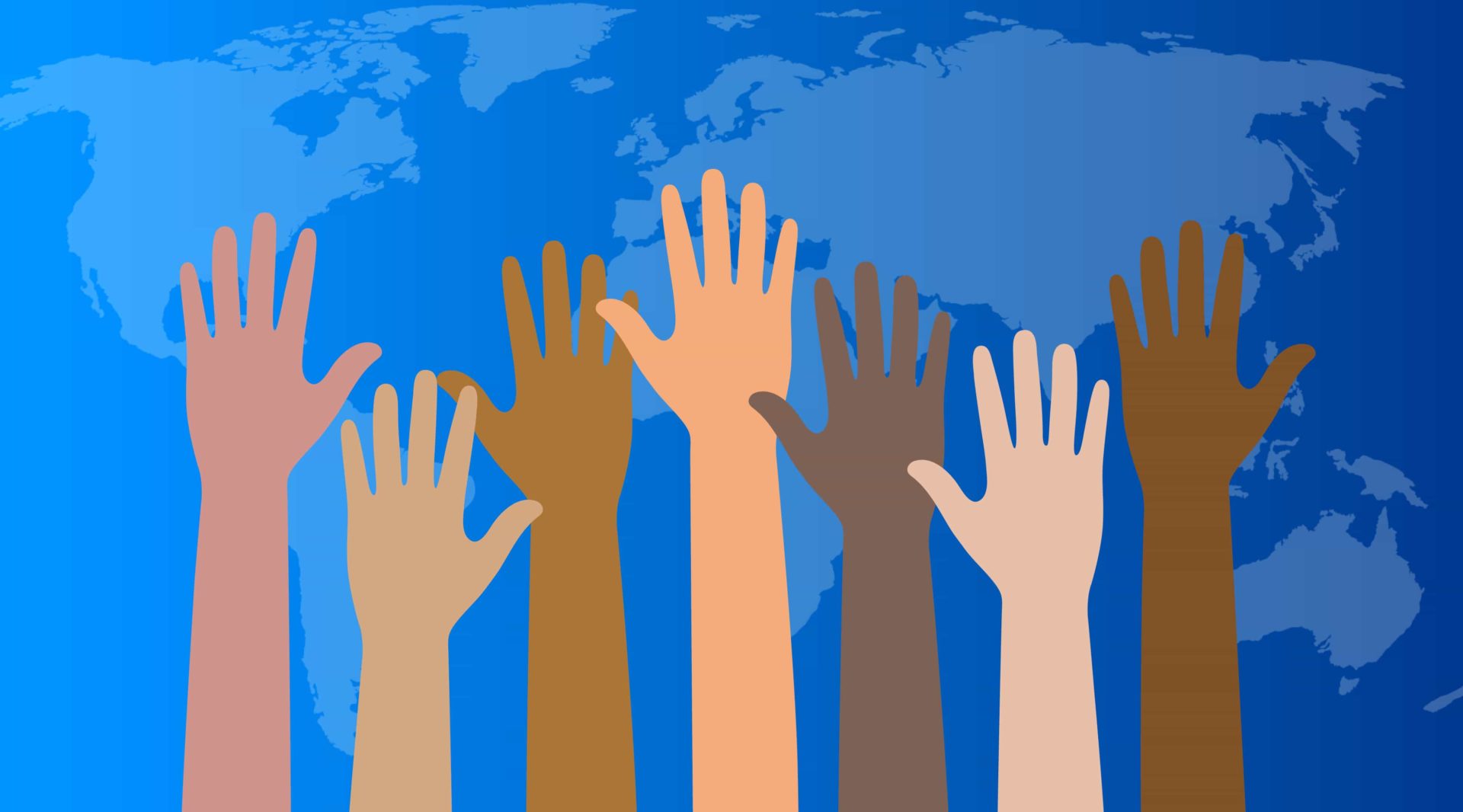By Michael Corvini, MD, MBA, FACEP, FACP, President, TeamHealth Southeast Group
My wife, Lily, and I have a tremendous amount in common. We have similar dispositions, compatible philosophical beliefs and parallel aspirational goals. We also have common interests and enjoy similar activities and hobbies. While our many similarities make us easily compatible, what gives our relationship depth is the fact that we also have many differences.
One of these differences is that Lily and I were born and raised under dissimilar circumstances. I was born in the U.S., and Lily was born in Bolivia.
Fostering a Better Future
I am a third generation American. My grandparents emigrated from Italy in the early 1930s and had humble beginnings in urban New York, living through the Great Depression and struggling to make ends meet. However, by the time I was born, my parents had realized the American Dream. They were financially comfortable and lived in an affluent suburb. As a result, I did not experience the financial hardships that my parents and grandparents experienced.
Lily was born in Bolivia and then immigrated to New York City when she was 2 years old. Lily’s father immigrated first, before she was born. The plan was for him to raise enough money to eventually bring the rest of the family to New York. Unexpectedly, Lily took ill as a newborn, most likely with cholera or severe rotavirus, and she almost lost her life as the local hospital did not have sufficient resources. Thanks to the persistence of her mother, she got the care she needed and pulled through. When Lily arrived in New York, she met her father for the first time. Her parents worked hard, each holding down multiple jobs. They lived in an economically depressed area, with a high crime rate. Lily was once hit with shrapnel when stray bullets passed through their apartment during a shooting. Lily’s parents prioritized education and managed to earn enough money to send her to private school. Lily also worked hard to earn money as a young adult. Between Lily, her parents, and financial aid, she was able to attend pharmacy school and become a pharmacist.
Finding Similarities among Differences
Lily and I often reflect on the fact that while we have so much in common now, we had very different beginnings. As a present-day example, we both enjoy mountain biking, and we have the same mountain bikes. Looking back, we had very different bicycling histories. My first bicycle was a shiny, new Schwinn. I remember it well; it was metallic blue with white and blue streamers on the handlebars. My father brought me to the bicycle store, let me pick it out, and taught me how to ride it on our quarter-mile-long driveway. Lily’s first bicycle was a rusty, old bicycle that her mother found when hunting through the local salvage yard. Her mom (who did not know how to ride a bicycle) taught her how to ride it in an empty parking lot with broken bottles and syringes because she had more time between her two jobs than her father did between his three.
We often marvel at how similar we are now despite our different upbringings, and this story is a good example of that. This appreciation of our similarities and differences has helped us understand each other better and appreciate each other more. It has also accentuated the respect we have for each other and strengthened the love that we share.
Pursuing a Dream, Regardless of Circumstance
I believe that our story is illustrative of a deeper truth that extends to all of us as human beings. We are all undoubtedly different. We have different personalities, and we have had different experiences. But, we have far more similarities than differences. We are all in pursuit of a better life. We all thirst for meaning and fulfillment. We all desire love and belonging. And, we all have the right to pursue our dreams. We may have started off in different circumstances, but we are all trying to get to the same place.
Human Rights Day is an opportunity for us to appreciate the power of our solidarity and the precious opportunity we have to pursue our own happiness and help others do the same. I encourage you to give some thought to the similarities you have with your loved ones, your acquaintances and even those whom you do not know. And, I encourage you to celebrate the day by doing something that supports the universal right to freedom and equality that we all share.
Recognizing International Human Rights Day
International Human Rights Day is celebrated on December 10, in recognition of the 1948 adoption of the Universal Declaration of Human Rights by the United Nations General Assembly. The Universal Declaration articulates the rights and freedoms to which every human being is entitled. Available in 500 languages, it is the most translated document in the world and has served as a rallying cry, source of truth, and powerful tool in the fight against all forms of oppression and discrimination.
Human Rights Day asserts that all human beings are born free and equal in dignity and rights, and Human Rights Day supports and highlights the need to end discrimination of any kind, address inequalities, encourage solidarity, and promote sustainable development goals among all humans.
